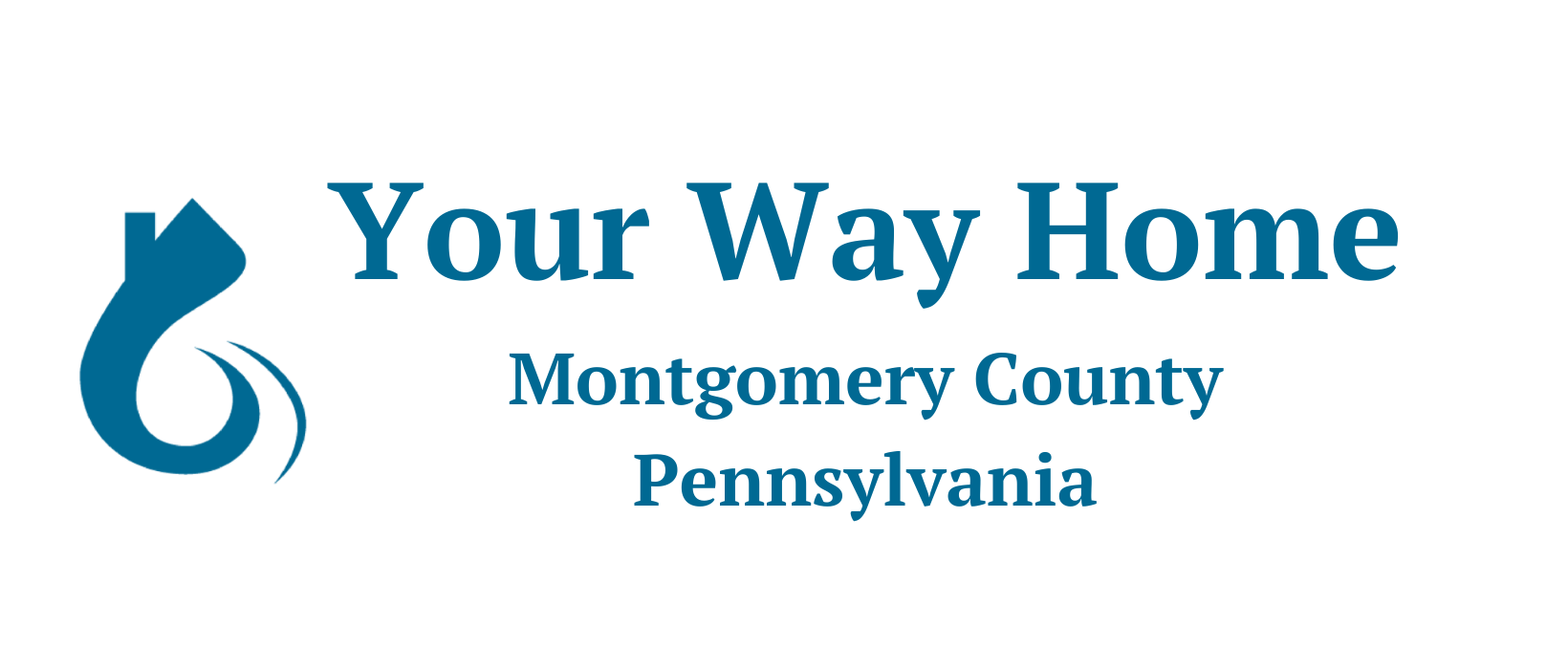The Eviction Prevention and Intervention Coalition (EPIC) is a project designed to stabilize vulnerable families and individuals in Montgomery County who are facing eviction by providing them with free legal and social services support on the day of their eviction hearing.
The program is designed to provide financial assistance to prevent evictions, and connection to the long-term financial and social supports needed to prevent future housing instability.
EPIC is the result of a cross-system partnership between the following organizations:
Legal Aid of Southeastern Pennsylvania
Montgomery Bar Association
Montgomery Bar Foundation
Montgomery County Courts
The Montgomery County Foundation
Montgomery County Office of Housing and Community Development/ Your Way Home
Pottstown Cluster of Religious Communities
EPIC Impact Report:
Year One
2017-2018 EPIC Performance Analysis Report
Guiding Principles
EPIC was designed to address the significant and debilitating impact that evictions have on vulnerable populations and those living in poverty. Both local and national data were used to design the EPIC program, and the following points were particularly important to its development:
Of the 66 zip codes in Montgomery County, 60% of evictions are concentrated in two zip codes: 19401 (Norristown) and 19464 (Pottstown). [1]
There is currently no program in Montgomery County that can provide both financial assistance and legal representation to prevent evictions, particularly to persons of more modest means but who are still housing-cost burdened (above 125% of the poverty guideline but paying over 50% of their income towards rent). Most tenants use pro se representation during eviction hearings, and most legal evictions are due to nonpayment of rent. [2]
Evictions disproportionately affect women, households with children, and African Americans. [3]
Evictions are often the cause of poverty and job loss, not a result of them. Once evicted, most households are forced to find more expensive and lower quality housing due to the negative impact that an eviction has on one’s credit and rental history. [4]
Essential components of successful court-based eviction prevention models across the country include: day-of, onsite services; access to financial assistance; and access to staff trained in local landlord-tenant law. [5]
EPIC expands upon the work of Your Way Home to make homelessness rare, brief, and non-recurring in Montgomery County. The program is designed to reflect the overarching values and principles of Your Way Home, including:
Progressive Engagement:
Consumers are given just as much services and support as they need to succeed, in order to preserve costly interventions like subsidized housing for the families with significant and lasting barriers to housing stability. Case managers rely first on the client’s own resources and networks to solve financial crises, and to use system resources only as needed.
Housing First:
Housing first is the philosophy that people need a safe, stable place to sleep before they can take advantage of the community, health, and financial services that they may need to prevent future housing instability.
Client Choice:
Clients are provided options and recommendations that guide and inform their choices, as opposed to rigid decisions about what they need.
Program Components
As a pilot project, EPIC utilizes the resources of its major partner sponsors in the following ways:
Free, limited legal representation is provided through the coordination of pro bono attorneys and paralegals. The Montgomery Bar Association serves as the volunteer recruiter and coordinator.
Legal training for volunteer lawyers, paralegals, and social service staff is provided by the Legal Aid of Southeastern Pennsylvania.
Court administration is supported by the Montgomery County Courts.
Social services are provided by Pottstown Cluster of Religious Communities.
General program management is provided by Your Way Home/ Montgomery County Office of Housing and Community Development.
The Montgomery Bar Foundation serves as a champion and funding partner.
Target Population
EPIC will target Montgomery County residents who have received an eviction notice and whose situation is one of the following:
Nonpayment of rent due to temporary financial crisis: Tenants who have undergone a recent (temporary) life event that has caused them to fall behind in their rent.
Nonpayment of rent due to defensible claim: Tenants who have a legal defense for withholding rent (such as non-habitability of unit).
Lease violation: Tenants who are being evicted due to a lease violation.
Vulnerable population: Tenants who are considered vulnerable populations including: households with very young children or babies, women who are pregnant, senior citizens, persons who have significant medical conditions, veterans
Referral from Judge: Tenants who are referred by the Court
Eligibility
Additionally, clients receiving EPIC services (legal advice, representation, and social services support and financial assistance) must:
Be scheduled to appear in one of the eight participating courtrooms:
· Hon. Marc Alfarano – East Norriton
· Hon. Christopher Cerski – Jenkintown
· Hon. Edward C. Kropp, Sr. – Pottstown
· Hon. Edward Levine – Lansdale
· Hon. Scott Palladino – Pottstown
· Hon. Todd Barnes - Norristown
· Hon. Denise Ashe - Norristown
· Hon. Hakim Jones - Norristown
Not have received financial assistance from the EPIC program in the past 12 months.
[1] Data source: Legal Aid of Southeastern Pennsylvania.
[2] “Eviction Prevention Research Project,” sponsored by Your Way Home and the HealthSpark Foundation. Barbara Poppe & Associates, 2017. Available on YourWayHome.org.
[3] Desmond, Matthew. 2016. Evicted: Power and Profit in the American City. New York: Crown.
[4] Desmond, Matthew. 2016. Evicted: Power and Profit in the American City. New York: Crown.
[5] “Eviction Prevention Research Project,” sponsored by Your Way Home and the HealthSpark Foundation. Barbara Poppe & Associates, 2017. Available on YourWayHome.org.



